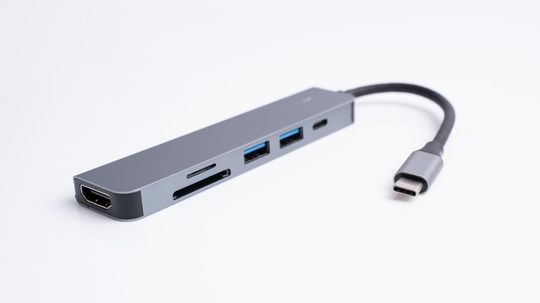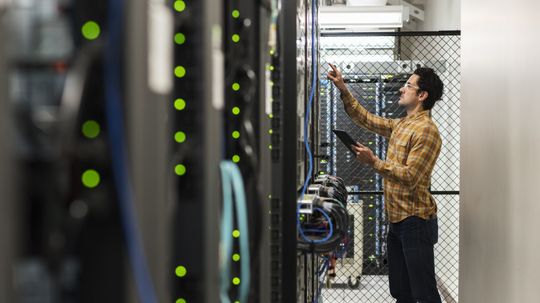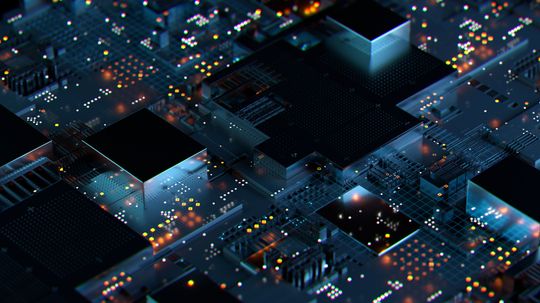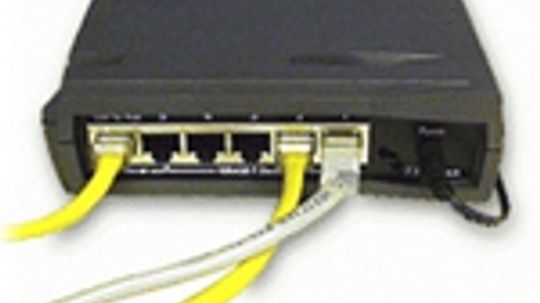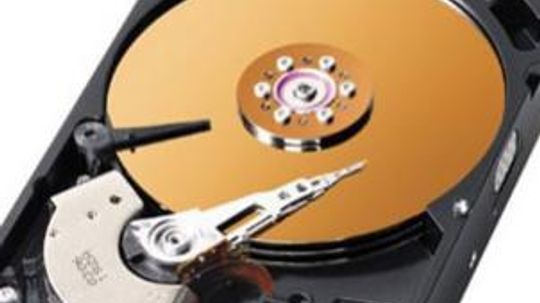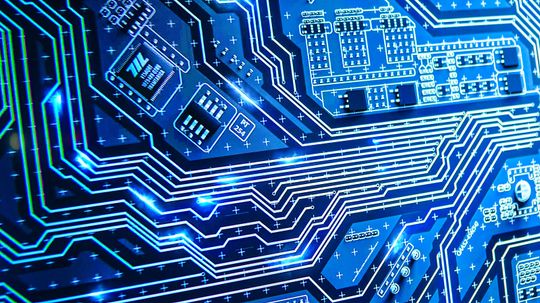Computer Hardware
From USB connectors to motherboards, the HowStuffWorks Computer Hardware Channel will help you find explanations, reviews, videos and prices for the parts you need.

Why Is My Computer So Slow? 5 Reasons and How to Fix Them

Should You Shut Down Your Computer Every Night?
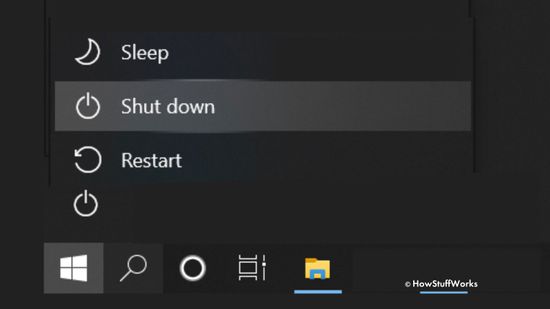
What's the Difference Between Restarting and Shutting Down My Computer?
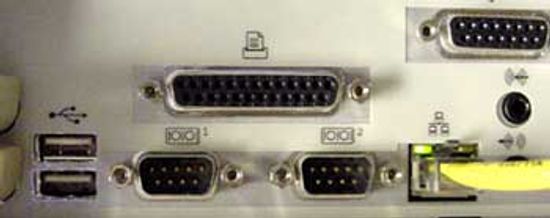
How Parallel Ports Work
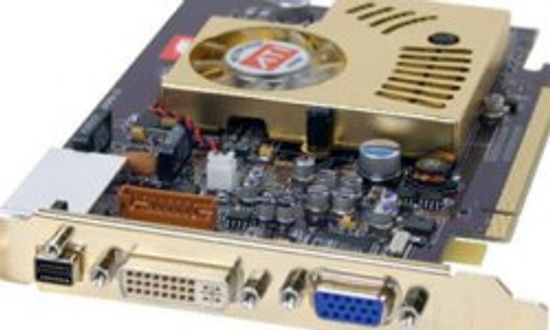
PCI Express Image Gallery

What is the main difference between FireWire and USB?
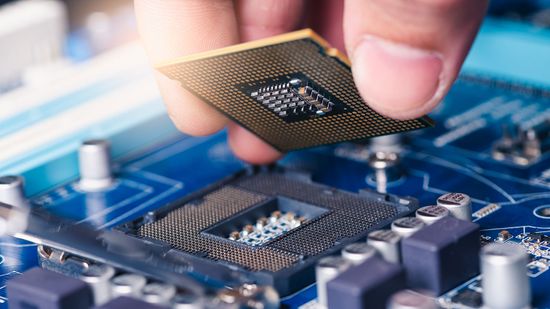
How to Overclock Your CPU
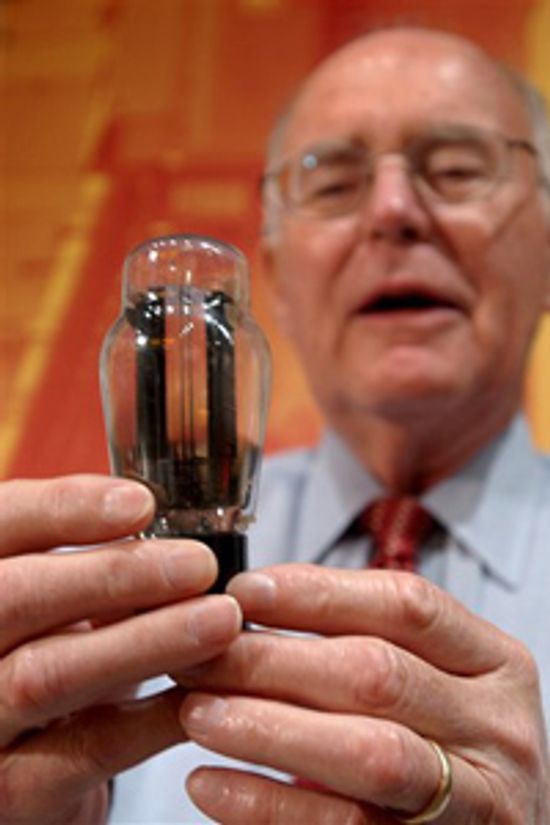
Is Moore's Law outdated?
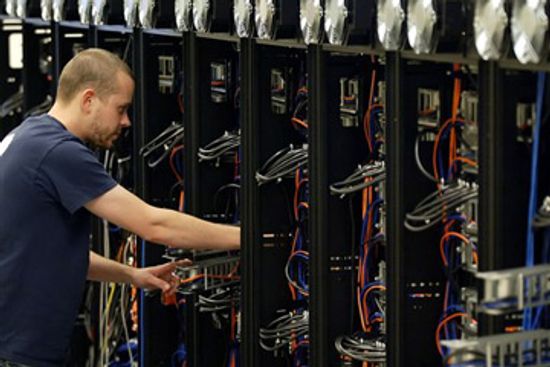
What is computing power?
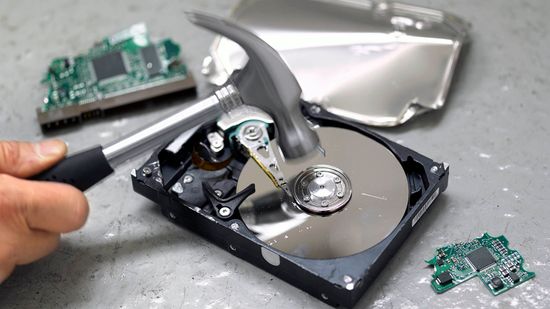
How to Wipe a Computer's Hard Drive

How to Fix the Black Screen of Death
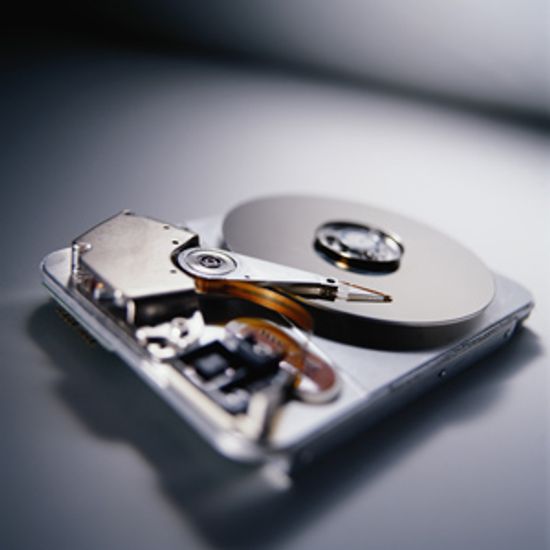
Should I move my hard disk to the cloud?
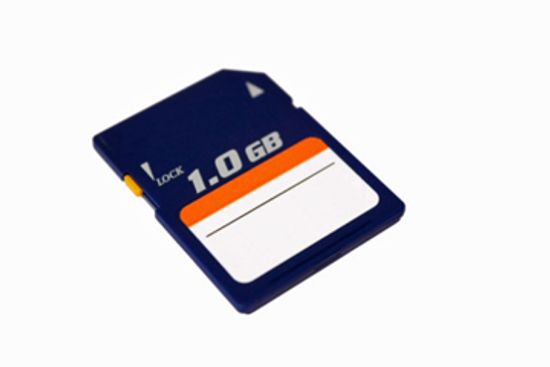
How Secure Digital Memory Cards Work
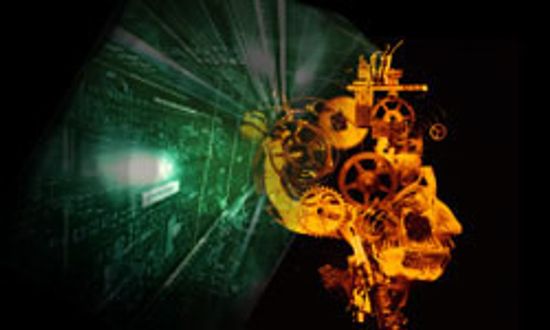
Computer Memory Pictures
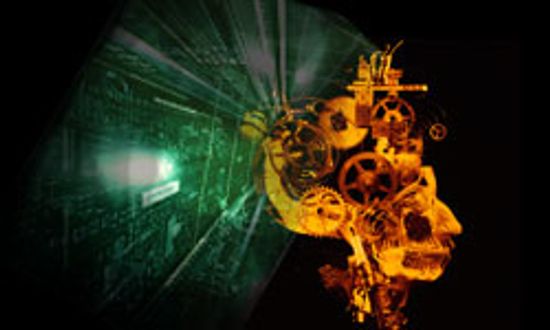
What is virtual memory?
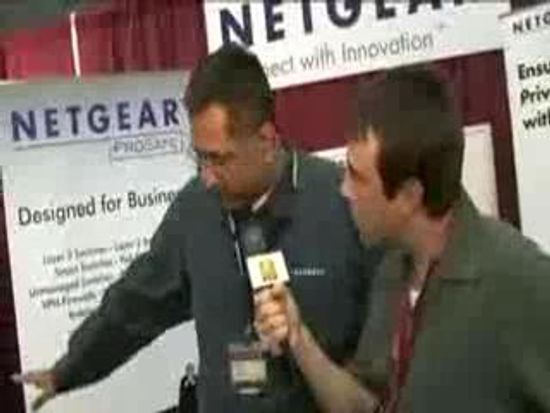
What are the three types of VPN?

What do you need to build a private WiFi network?
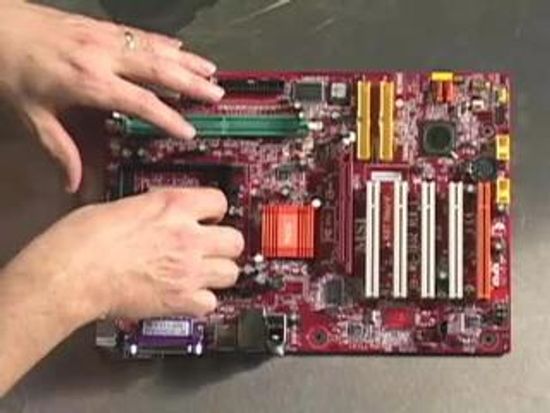
What Does a Server Do?
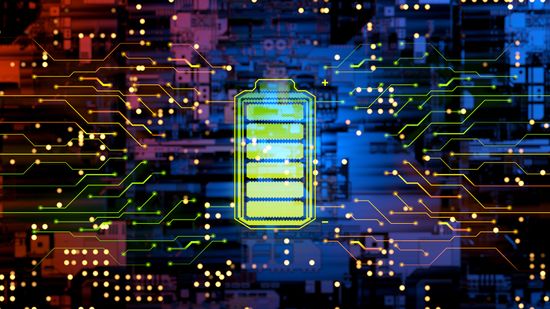
What Is a UPS? How an Uninterruptible Power Supply Works
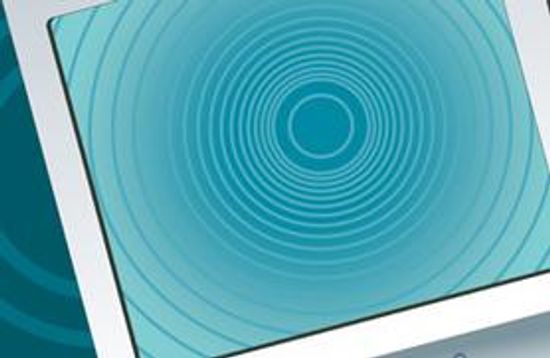
How to Cool Down Laptop: 5 Easy Ways to Prevent Overheating
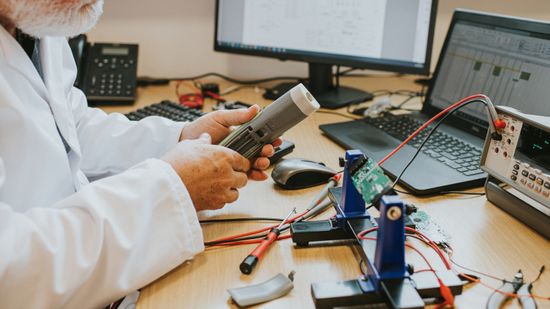
How To Know When Your Computer's CMOS Battery Is Dead
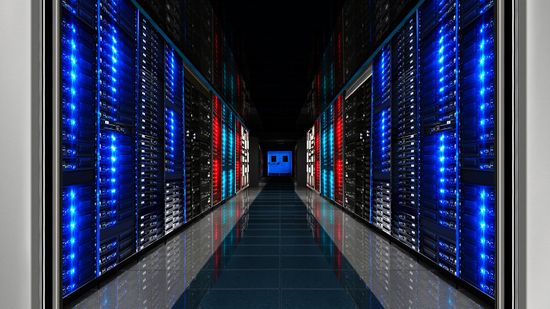
What is the world's fastest supercomputer used for?
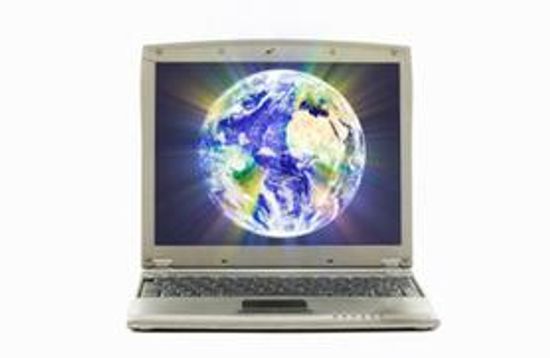
Set Your Computer for Energy Savings

Is the desktop computer going the way of the dodo bird?

How to Force Quit on a Mac

Steve Jobs: Life in Pictures
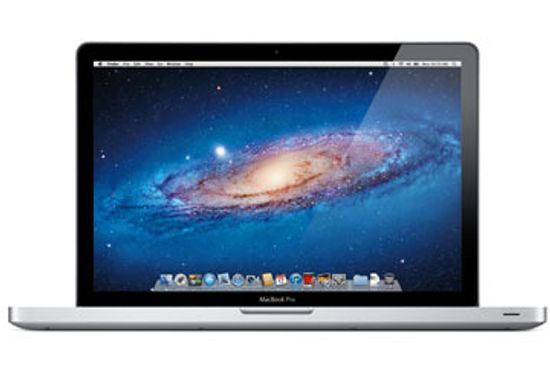
Are Macs more expensive than comparable PCs?

How the Kindle Paperwhite Works

How the Kindle Fire Works

Nook vs. Kindle Fire
Learn More / Page 8
You can find Universal Serial Bus connectors on just about every PC made today. But when it was introduced, USB was leaps and bounds ahead of the technologies it replaced. What makes this standard so useful?
When you type a Web site address into your browser, Web servers are doing the work of getting you the page you request. Put our servers to use right here . . .
Anyone who owns a computer must at some point ask themselves: "What is cache?". Caching increases the speed at which your computer pulls data from memory. How can a little cache go a really, really long way? Read on to explore how your computer works at such incredible speeds!
By Guy Provost
Advertisement
Ethernet is one of the most common computer-networking components, and the standardization of this technology has created some of the easiest ways to connect a few computers with or without wires.
By Nick Pidgeon
Nearly every desktop computer requires a hard drive for data storage, but what is a hard drive, exactly? Your hard disk drive holds all of the information available on your computer. Take a look inside this incredibly precise storage mechanism!
The microprocessor determines the processing power available for any application you run. Without it, there is no computer. Learn all about this amazing, ever-shrinking technology that makes your computer compute.
